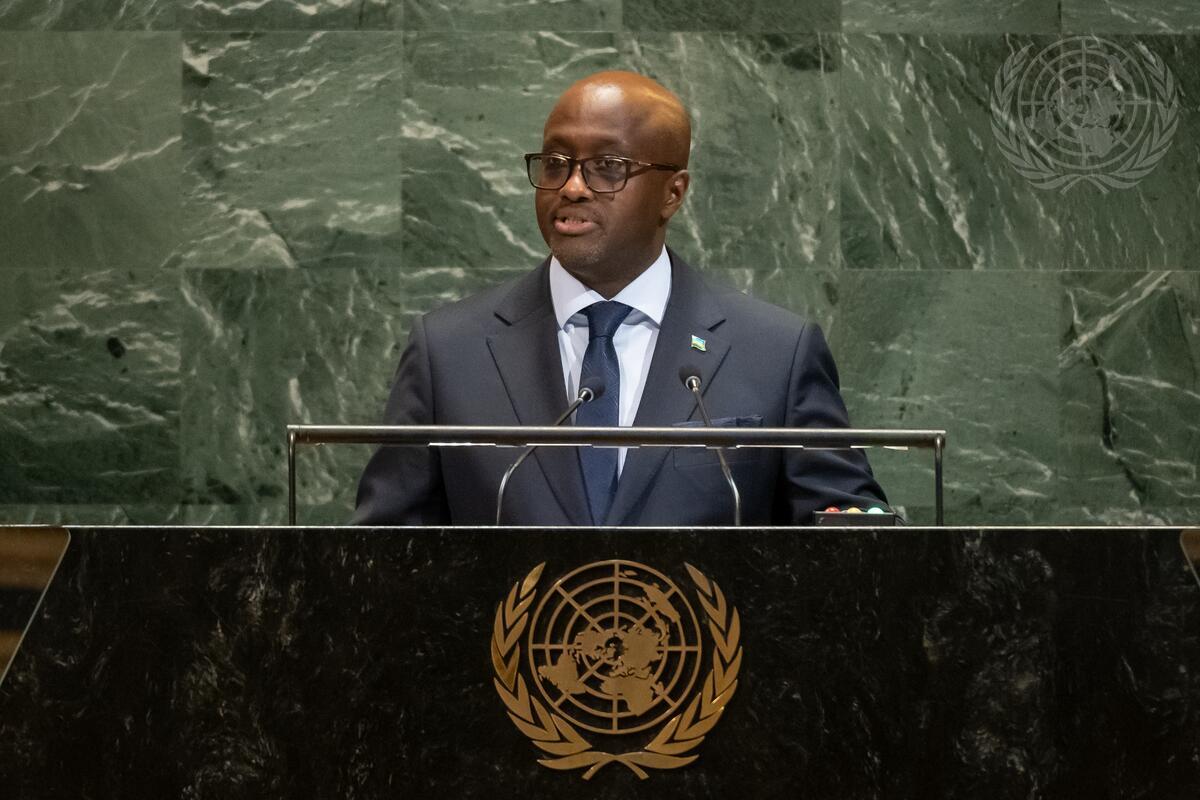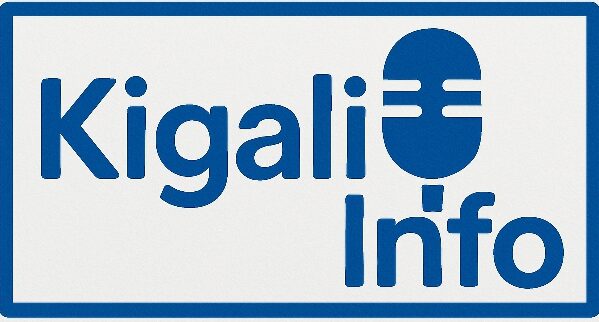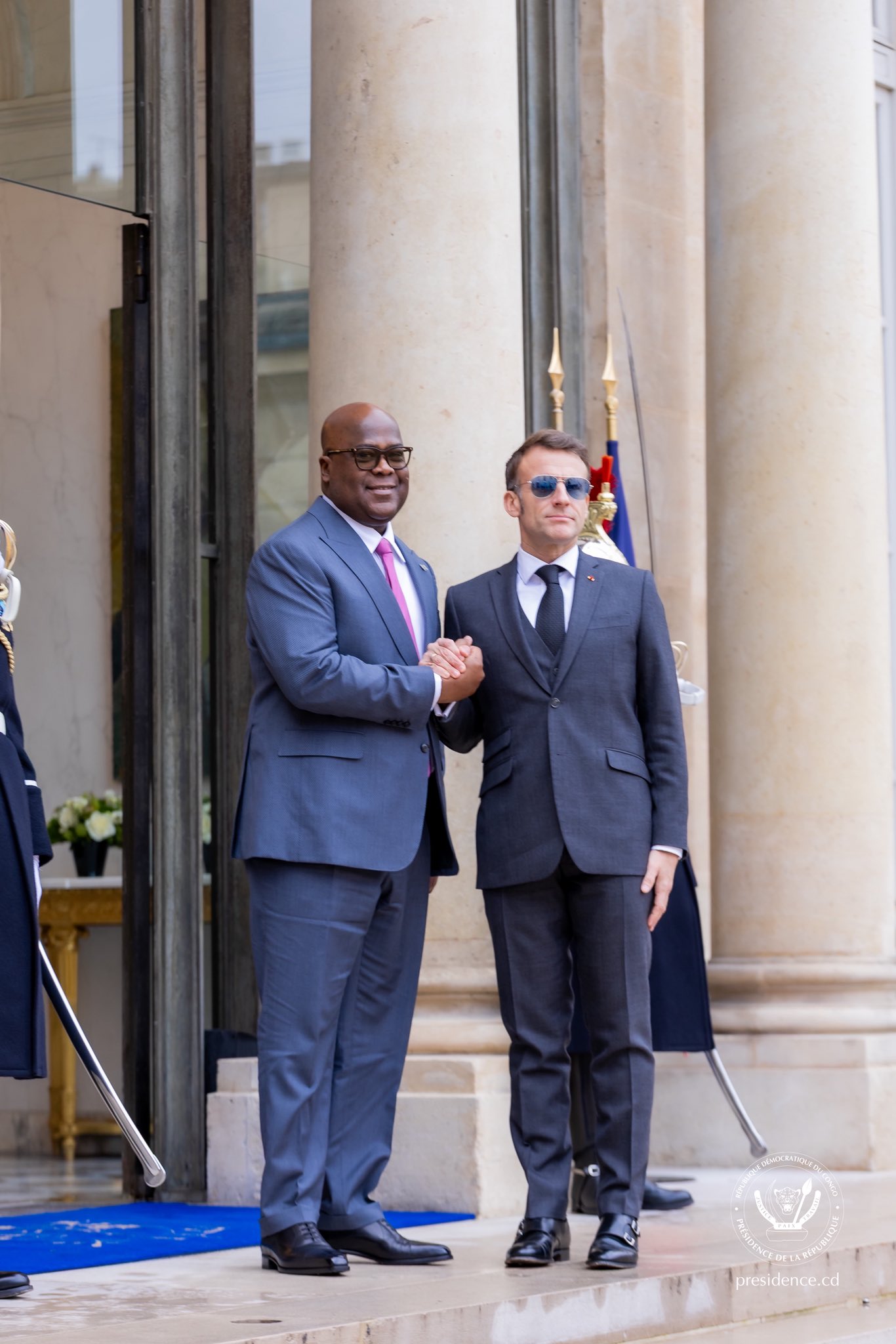
Rwanda has officially expressed its willingness to host United Nations agencies, offering itself as a strategic and cost-effective location to support the organization’s broader reform agenda aimed at decentralization and operational efficiency.
The announcement was made by Rwanda’s Minister of Foreign Affairs, Olivier Nduhungirehe, during his address at the 80th United Nations General Assembly in New York. The minister praised the efforts of Secretary-General António Guterres to modernize and reform the UN, and emphasized Rwanda’s readiness to contribute to that mission.
“Rwanda has formally expressed interest in hosting UN agencies, as part of our shared commitment to a cost-effective and decentralized UN system,” said Nduhungirehe. “We reiterate our support to the work of the United Nations and the Secretary General, particularly in advancing peace and security, and driving progress on Sustainable Development Goals.”
A strategic offer
Rwanda’s offer comes amid a broader push by the United Nations to decentralize its operations and reduce costs. In a formal letter sent earlier this year by Prime Minister Edouard Ngirente to the UN Secretary-General, the Rwandan government laid out its proposal, citing Kigali’s safety, modern infrastructure, and efficient governance as compelling reasons for relocation.
The Rwandan government has proposed hosting relocated agencies in a purpose-built UN campus, offering regulatory incentives, including immunities and tax exemptions, in line with UN standards.
Existing UN footprint in Rwanda
Rwanda already has a significant UN presence, hosting 22 resident and non-resident UN agencies, and has been a model for the “Delivering as One” initiative since 2008. This approach streamlines UN operations under one leadership and one program to increase impact and reduce duplication.
The newly signed 2025–2029 Cooperation Framework between the Government of Rwanda and the UN further solidifies the partnership. The framework focuses on inclusive economic transformation, human development, and good governance, aligning closely with Rwanda’s Vision 2050 and National Strategy for Transformation.
Regional and global implications
If the offer is accepted, Rwanda could become a major UN operational hub in East and Central Africa, joining the ranks of cities like Nairobi, Geneva, and Bangkok. The proposal is being viewed as both a diplomatic opportunity for Rwanda and a test case for the UN’s commitment to decentralization.
However, experts note that the relocation of UN agencies is a complex process, requiring technical assessments of infrastructure, legal frameworks, and security guarantees. While Rwanda’s proposal is seen as promising, any decision will need to be carefully evaluated by relevant UN bodies.
Looking ahead
The United Nations is expected to send assessment missions to evaluate Kigali’s readiness in the coming months. If successful, Rwanda could play a growing role in shaping the future of multilateralism on the continent.
As the UN looks to streamline its operations and bring services closer to the communities it serves, Rwanda’s offer may mark a turning point in how global institutions operate in the Global South.







